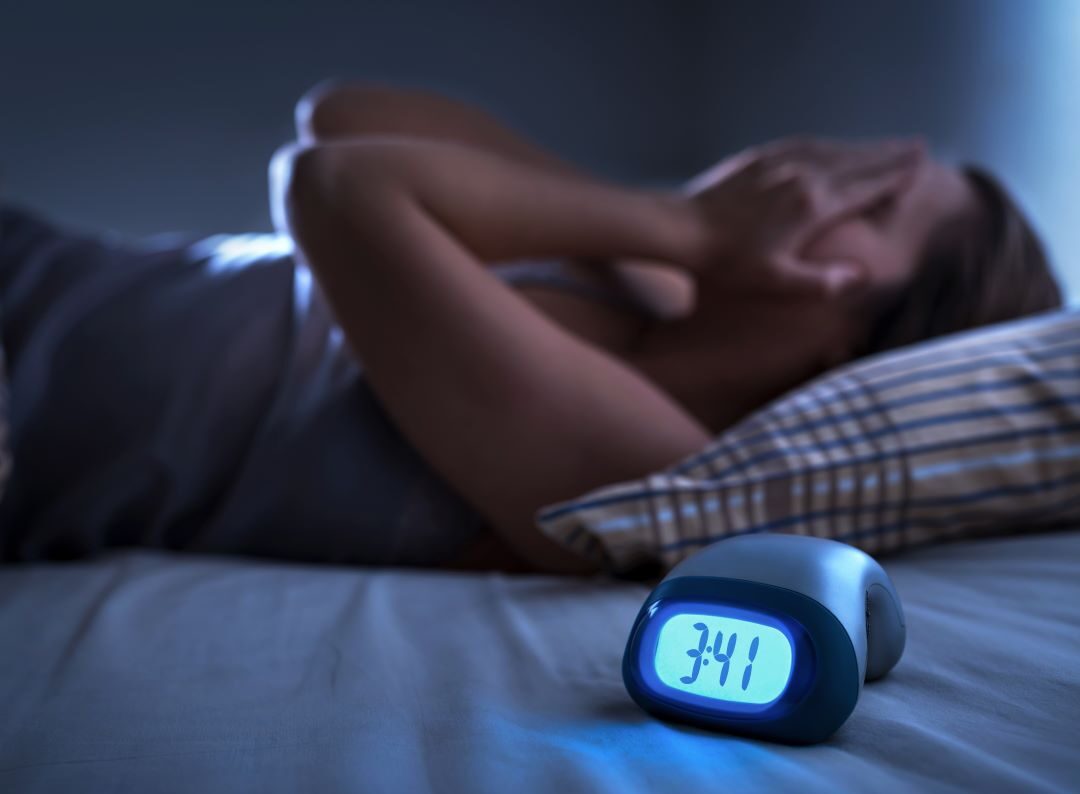A good night’s sleep provides the proper care and energy to support your overall physical health.
Better sleep can help us navigate stressful times while also giving your immune system a boost. When faced with trouble sleeping, many of us toss and turn, overthink, or even avoid sleep all together. Harvard Health released a blog with some helpful tips to improve sleep during these unprecedented times.
Tips to help you get better sleep:
Daytime Tips:
- Keep your sleep routine consistent – wakeup at a regular time, keep work hours consistent, and meal routines scheduled along with other activities.
- Enjoy morning light – natural light helps control the body’s natural clock. Open the curtains to let the light in or get outside.
- Exercise daily – exercising helps improve your mood, reduce stress, and helps improve sleep quality.
- Don’t spend too much time in bed – make your bed in the morning and try to stay out of bed until you go to sleep at night. If you need a nap, keep it short to less than 30 minutes.
- Avoid caffeine late in the day – decaf coffee or herbal tea are good alternatives.
- Help others with feelings of uncertainty or unease – taking your eyes off yourself and giving back to community, friends, and family can provide a sense of fulfillment.
Night time tips:
- Electronic device blackout – ditch electronic devices one hour before bedtime. If you cannot check-out completely, avoid new updates (i.e., social media, news, videos). This will help deactivate the brain and calm thoughts before trying to sleep.
- Dim the display of cellphones, tablets, and electronic devices – device brightness – and specifically high-energy blue light – may delay the release of the sleep hormone melatonin.
- Minimize alcohol intake – alcohol can help you fall asleep, but it can also lead to sleep problems throughout the night.
- Don’t spend too much time in bed – make your bed in the morning and try to stay out of bed until you go to sleep at night. If you need a nap, keep it short to less than 30 minutes.
- Set a regular bedtime – keep consistent when you go to bed so your brain learns to shut off and go to sleep quickly.
- Reduce stress –perform relaxation routines before bed like yoga or meditation.
- Create a comfortable environment – a place that is cool, dark, and quiet is ideal for sleep.
The lure of sleep aids.
Reaching for an over-the-counter (OTC) sleep aid might seem like a quick fix but they are not a magic cure. Plus, many of the options can leave you feeling groggy and out of sorts the following day.
The Mayo Clinic put together this list of the widely available options and the potential side effects.
| Diphenhydramine (Benadryl, Aleve PM, others) | Diphenhydramine is a sedating antihistamine. Side effects might include daytime drowsiness, dry mouth, blurred vision, constipation, and urinary retention. |
| Doxylamine succinate (Unisom SleepTabs) | Doxylamine is also a sedating antihistamine. Side effects are similar to those of diphenhydramine. |
| Melatonin | The hormone melatonin helps control your natural sleep-wake cycle. Some research suggests that melatonin supplements might be helpful in treating jet lag or reducing the time it takes to fall asleep — although the effect is typically mild. Side effects can include headaches and daytime sleepiness. |
| Valerian | Supplements made from this plant are sometimes taken as sleep aids. Although a few studies indicate some therapeutic benefit, other studies haven’t found the same benefits. Valerian generally doesn’t appear to cause side effects. |
Cannabis
Many in the medical marijuana community refer to cannabis as an effective treatment for a range of sleeping disorders. Cannabis is known to induce a state of relaxation and drowsiness which might induce sleep.
Please contact your physician before taking an OTC product or exploring other options, including cannabis. Medication interactions are possible and there are many unknowns about the long-term safety and efficacy of these products.
Don’t stress about sleep.
As you adjust to new routines or big changes in your personal or work life, some disruption to sleep is normal. These simple tips can help you improve overall well-being and support resiliency.
Sweet dreams!
Read the full Harvard Health blog here.


